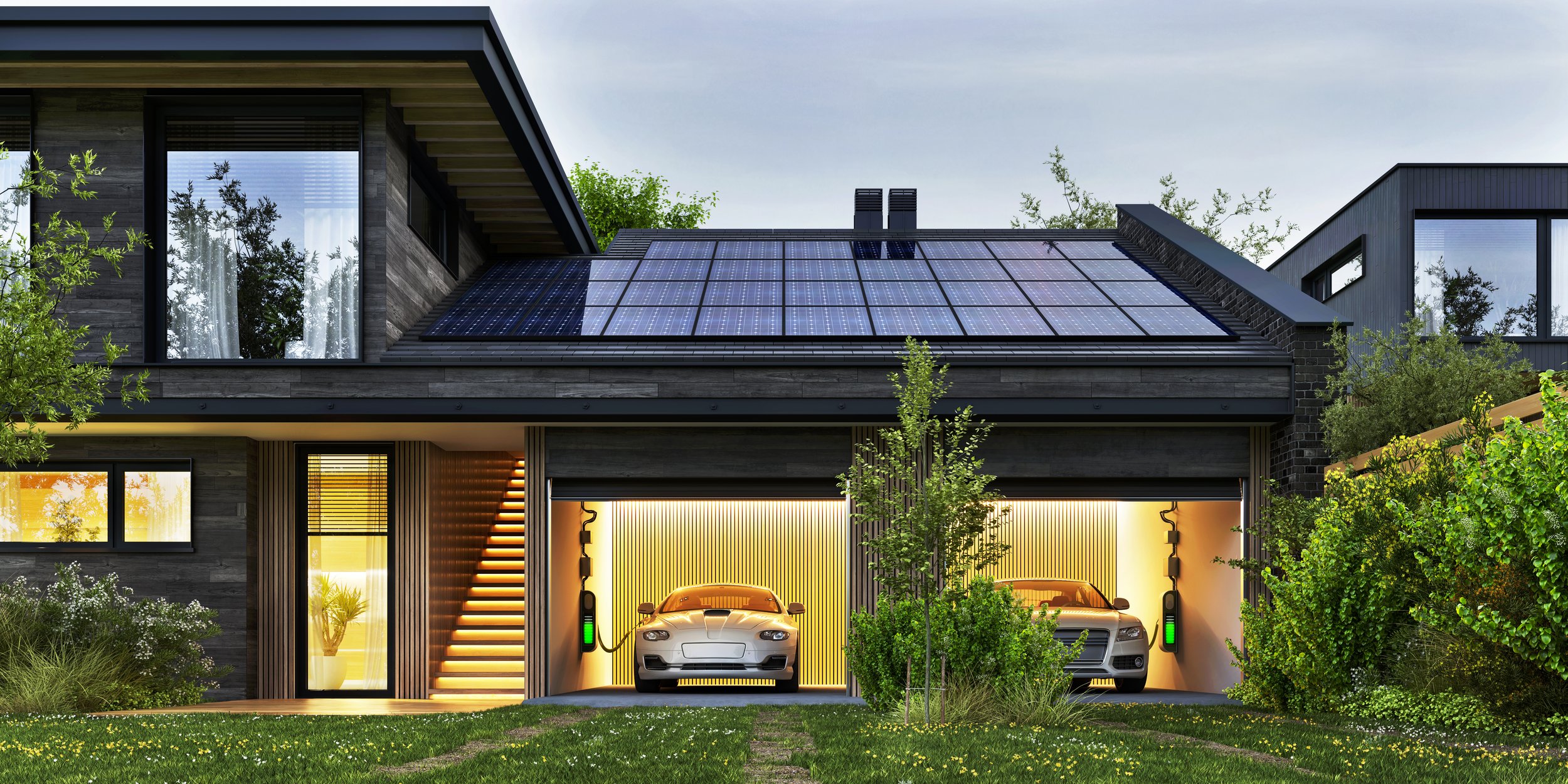Is installing a Home Electric Car Charging Station worth it?
As the world continues to focus on more sustainable modes of transportation, electric vehicles (EVs) have emerged as a popular choice for eco-conscious drivers. With the growing adoption of EVs, the question of whether it's worth installing a home electric car charging station has become increasingly relevant. In this blog, we'll delve into the factors to consider when making this decision and help you weigh the pros and cons.
The Convenience Factor
One of the most compelling reasons to install a home electric car charging station is the unparalleled convenience it offers. Envision yourself waking up every morning to a fully charged EV, ready to take on your daily commute or any spontaneous road trips. No more waiting in line at public charging stations or making detours to fuel up. With a charging station right in your home, you can easily plug your car in overnight and start the next day with peace of mind.
Cost Savings
While the initial cost of purchasing and installing a home charging station might seem substantial, it can lead to significant long-term cost savings. Home electricity rates are often lower than public charging station rates, translating to reduced charging expenses over time. Moreover, you can take advantage of time-of-use electricity plans to charge your car during off-peak hours, maximizing savings even further.
Charging Speed and Efficiency
Home charging stations typically offer faster charging speeds compared to standard electrical outlets. This means you can quickly replenish your EV's battery without waiting for extended periods. Faster charging is especially beneficial when you need to top up your battery between errands or appointments.
Resale Value and Home Appeal
Installing a home EV charging station can enhance your property's appeal, potentially increasing its resale value. As EV adoption continues to rise, having a dedicated charging station can make your home more attractive to environmentally conscious buyers.
Considerations and Potential Drawbacks
While the benefits of a home electric car charging station are clear, it's essential to weigh the considerations and potential drawbacks before making a decision:
Upfront Cost: The initial investment for purchasing and installing a charging station, along with any necessary electrical upgrades, can be relatively high. However, numerous government incentives and rebates are available to help offset these costs.
Rental or Ownership: If you're renting your home, installing a charging station might require approval from the landlord or property management. In such cases, you'll need to consider the feasibility and potential complications.
EV Usage and Battery Range: If you primarily use your EV for short daily commutes and have access to public charging stations, a home charging station might be less critical. However, for those with longer commutes or frequent road trips, the convenience of a home charger becomes more valuable.
Technological Advancements: The EV landscape is rapidly evolving, with new charging technologies and infrastructure developments. Consider whether future advancements might impact your charging station's compatibility or efficiency.
Conclusion: Making an Informed Choice
In the end, whether installing a home electric car charging station is worth it depends on your individual circumstances and priorities. If convenience, cost savings, and the long-term benefits align with your needs, a home charging station can be a valuable addition to your property. Evaluate your driving habits, future plans, and available incentives to make an informed decision that aligns with your sustainable lifestyle goals.

